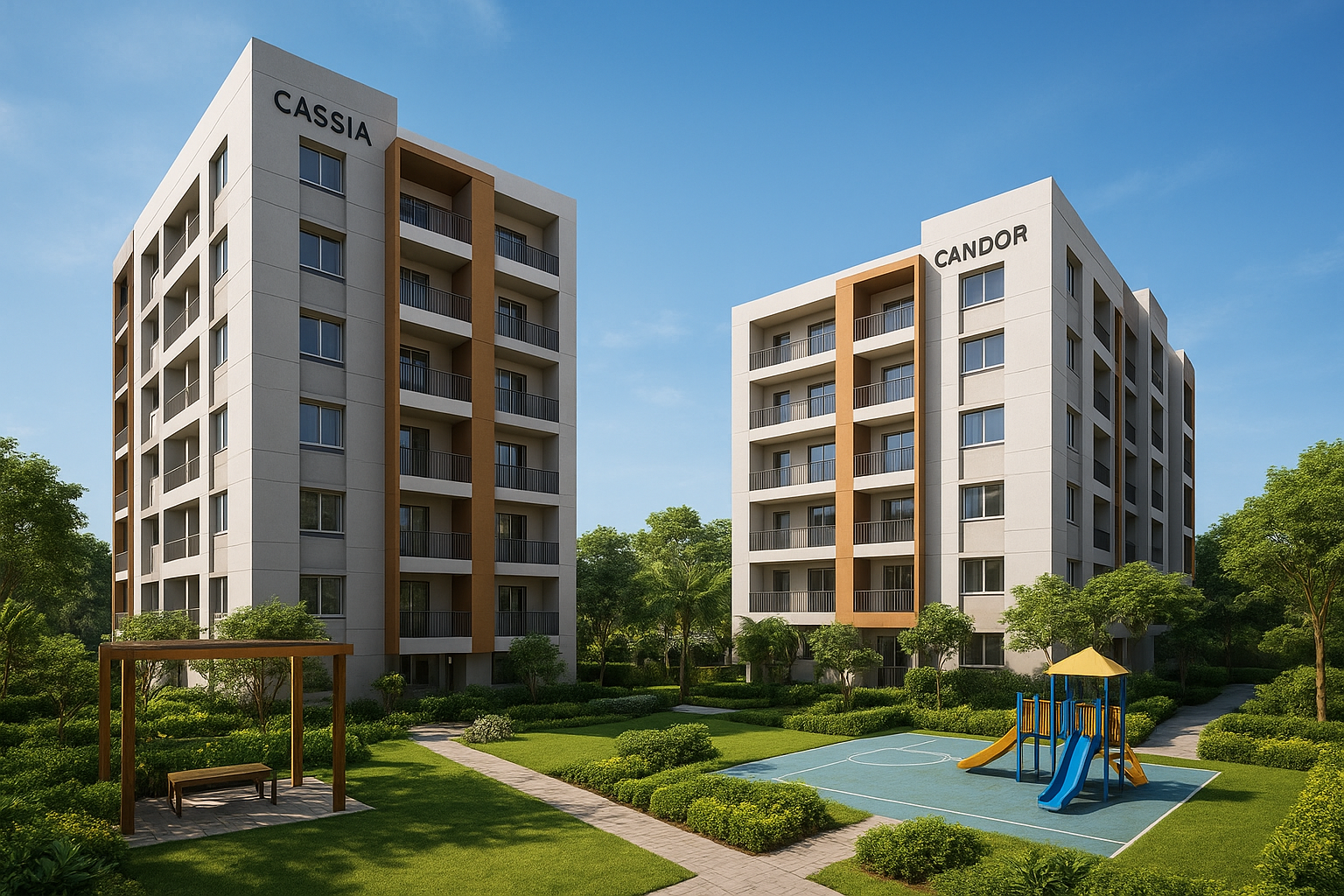Are you planning to buy flats in Kerala but feel wary about hidden clauses, delays, or broken promises? Buying a home is one of the biggest investments in life, and as a buyer, you deserve safety, clarity, and trust. That is where the Real Estate Regulatory Authority (RERA) steps in. In Kerala, the state authority, known as K-RERA, makes real estate more transparent, secure, and fair for buyers.
Let’s break down how RERA protects you at every stage of your home-buying journey in Kerala.
Transparency Before You Buy
One of the most common worries for a buyer is not knowing the truth behind project details. RERA addresses this with clear rules.
Mandatory project registration: Every residential or commercial project larger than 500 square meters or with more than eight apartments must be registered with K-RERA before it is advertised or sold. Buyers can check this status directly on the K-RERA website.
Full disclosure of documents: Builders must provide ownership papers, approved plans, project timelines, and No Objection Certificates. This ensures you know exactly what you are paying for before committing.
Defined carpet area: Sales are based on the carpet area—the actual usable space inside your flat. No more confusion or inflated prices for common areas.
No misleading claims: Advertisements cannot promise amenities or features that are not part of the official project plan.
By putting this information in the public domain, RERA makes it easier for you to make informed choices about a flat for sale in Kerala.
Financial Security During Purchase
Worried about where your hard-earned money goes after making payments? RERA make sure that it is safe.
Escrow accounts for projects: Developers must deposit 70% of the collected funds into an escrow account. This money can be used only for the specific project’s construction and land costs.
Advance payment limit: A builder cannot collect more than 10% of the property price before signing a formal sale agreement. This protects you from making huge upfront payments without security.
No sudden plan changes: Developers cannot alter layouts, plans, or specifications unless two-thirds of the buyers give their consent.
Through these steps, you know your money goes into the flat you are buying and not into another project.
Timely Delivery and Quality Assurance
One of the biggest pain points for homebuyers in Kerala has been project delays. RERA sets mandatory steps to avoid this.
Strict project deadlines: Every developer must stick to timelines promised at the time of registration.
Compensation for delay: If the developer fails to deliver on time, you can claim either:
A full refund with interest.
Or stay with the project and claim monthly interest until delivery.
Five-year defect liability: Even after possession, if a structural defect, leakage, or poor workmanship arises within five years, the builder must fix it free of cost within 30 days.
This means you don’t just buy a home—you buy peace of mind with your flats in Kerala.
Grievance Redressal and Legal Support
A major strength of RERA is its structured dispute redressal system. Unlike going to court, which is expensive and time-consuming, K-RERA gives quicker relief.
Complaint registration: You can file a formal complaint against a builder for delays, false advertising, or quality issues.
Dedicated tribunal: K-RERA has adjudicating officers and tribunals who specialize in real estate disputes. This ensures quicker resolutions rather than dragging cases for years.
Appeal mechanism: If you are not satisfied with a ruling, you can appeal to the Real Estate Appellate Tribunal within 60 days.
With this framework, you never feel powerless if the developer fails to keep promises.
How Buyers Can Use RERA in Kerala
Now that you understand the protections, here’s how you can use RERA effectively while buying a flat for sale in Kerala:
Check project registration: Visit the K-RERA website and ensure that the project has valid registration before making any payment.
Read agreements carefully: The sale deed must mention carpet area, timelines, payment schedules, and terms for defects or delays.
Track project updates: Registered projects must upload progress regularly. You can monitor construction status from home.
File complaints if needed: If the builder defaults, submit a complaint online with K-RERA.
These steps ensure that you make informed choices and avoid falling for unfair practices.
Why RERA is a Game-Changer for Kerala Homebuyers
The Kerala real estate market is seeing rapid growth, and buyers have more options than ever. Whether you’re looking at luxury apartments in Kochi, eco-friendly projects in Trivandrum, or budget-friendly options across the state, RERA ensures that every investment comes with accountability and protection.
For anyone planning to buy flats in Kerala, RERA creates a level playing field. Developers now know that if they mislead or delay, they face penalties. Buyers can confidently invest, knowing there is a legal body watching over every transaction.
So, if you are looking for a flat for sale in Kerala, remember that RERA is your shield. Empower yourself by checking project details with K-RERA before signing any contract, and let your home-buying journey be safe, smooth, and rewarding.
Frequently Asked Questions about RERA in Kerala
1. Is RERA mandatory in Kerala?
Yes. RERA registration is mandatory for all real estate projects in Kerala that cover more than 500 square meters or have more than eight apartments. Developers cannot advertise or sell such projects without registering them with K-RERA.
2. How can I check if a project is RERA registered in Kerala?
You can verify the registration of any project by visiting the official K-RERA website. The portal lists approved projects with details such as project status, builder information, and amenities.
3. What happens if a builder delays possession in Kerala?
If your builder fails to hand over the flat on time, you have two options under RERA:
Retract from the agreement and demand a full refund with interest.
Stay invested and claim monthly interest compensation until possession is handed over.
4. How does RERA protect flat buyers after possession?
RERA provides a five-year defect liability period. If structural defects or poor workmanship arise, the builder must fix them at no cost within 30 days of being informed.
5. Can I file a complaint under RERA in Kerala?
Yes. Buyers can file complaints online with K-RERA against developers for issues like delays, misleading ads, or construction defects.










